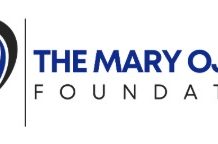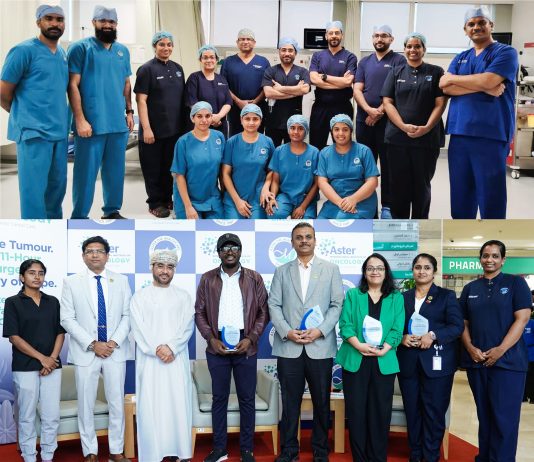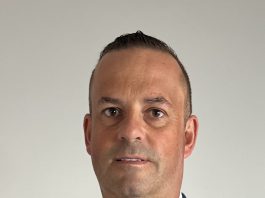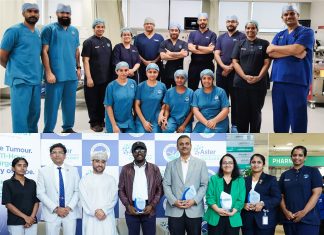Tech innovator Seun Oshinaike has earned a reputation for building impactful ventures across Nigeria and the United Kingdom. In a recent conversation with the media, he celebrated the abundant potential of Nigerians in the global tech landscape while identifying areas that require improvement for Nigeria to truly embody its title as the Giant of Africa.
For the past eight years, Oshinaike has built and led Street Tag, a UK-based health-tech and community engagement platform that gamifies physical activity and wellbeing. What began as a small experiment in Barking and Dagenham in 2017 has expanded into a nationwide platform adopted by families, schools, and local councils to inspire active lifestyles.
The recent acquisition of Street Tag by Starr Holding Company marks a significant milestone, one that positions Oshinaike for a broader strategic role as Product Lead. It also opens doors for new innovations that connect people, data, and wellbeing more deeply.
“Before Street Tag, I founded ventures such as Cypher App (a mental health app), Digilab (a community makerspace in East London), and Maker Room (a creative innovation space in Nigeria),” he said. “These ventures reflect my deep belief that technology should serve people, not the other way around.”
His current pursuits also include Mooshi Farm in Ogun State, a pineapple farm and agribusiness blending sustainability, community, and technology.
Oshinaike received his primary education in Nigeria before relocating to the UK, where he completed secondary school at Abbey Wood School in South East London. He later advanced to Palmers College in Grays, Essex, for further studies.
Reflecting on Nigeria’s tech landscape, Oshinaike asserted that the country has made notable progress, especially when compared with more technologically advanced regions of the world. He emphasized that Nigeria’s abundant human and material resources present limitless opportunities waiting to be harnessed.
“Nigeria is sitting on a goldmine of human talent and creativity,” he said, pointing out that the opportunities in technology extend far beyond coding. They encompass product design, user research, data science, AI, gamification, community tech, and agritech.
“To fully leverage these opportunities, Nigerians must build for their realities; solve problems rooted in local culture, behaviour, and infrastructure,” he added. “Our greatest advantage is the ability to innovate under constraints. That’s what gave birth to Street Tag in the UK and Mooshi Farm in Nigeria. Collaboration, local storytelling, and building trust in digital systems are key. When we blend innovation with cultural intelligence, Nigeria won’t just catch up to global standards, we’ll set them.”
Despite the visible strides in the tech ecosystem, Oshinaike believes Nigeria is yet to reach its full potential. He reaffirmed the country’s vast capacities across diverse sectors. “Nigeria has the talent density and entrepreneurial energy that the Global North often lacks,” he noted. What the country urgently needs, he said, is stronger infrastructure, mentorship, and investment ecosystems to allow innovators to thrive.
He also stressed the importance of reimagining Nigeria’s educational system by integrating creativity, coding, critical thinking, and soft skills from an early age. With such reforms, he believes the next generation of Nigerian founders will emerge from classrooms where curiosity is valued as much as academic performance. He highlighted remote work, AI-driven learning, agritech, and gaming-for-social-good as sectors where young Nigerians can excel regardless of geographical limitations.
Although Street Tag does not yet have a physical office in Nigeria, Oshinaike revealed that the company has employed remote staff from the country since 2021, contributing to data science, customer support, and marketing.
“I want Nigerians to know that innovation doesn’t have a postcode,” he said. “You can build from anywhere, collaborate globally, and still keep your roots local.” His mission is to deepen awareness of how technology, wellness, and community can coexist, and to show that tech is not just about apps, but about impact, joy, and collective progress.
On his future plans, Oshinaike remains deeply optimistic.
“The acquisition of Street Tag has opened a new chapter, not just for me, but for what’s possible when persistence meets purpose.”
He outlined his next steps to include: (1) Expand Mooshi Farm into an agritech hub connecting food production, technology, and local tourism. (2) Advance AI-driven community engagement, supporting councils, schools, and health systems across continents through play-based participation. (3) Invest in and mentor Nigerian innovators, building a bridge between the UK and Nigerian tech ecosystems.
“The future, for me, is about building systems that last, and stories that inspire others to start,” Oshinaike concluded.




















































